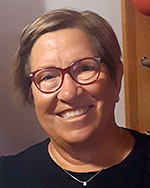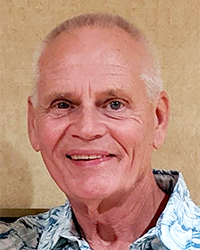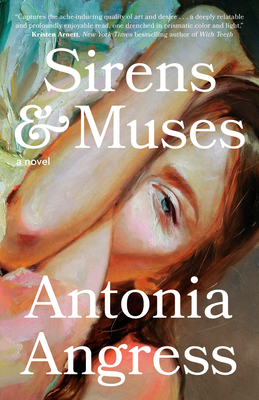 |
 |
 |
Staff Picks
| Page One |
||
|
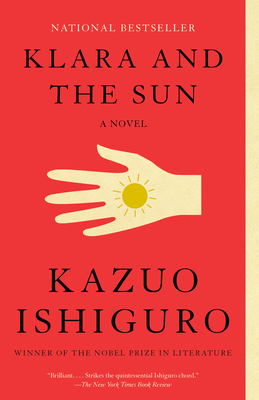 |
|
||||||||||||||||||||
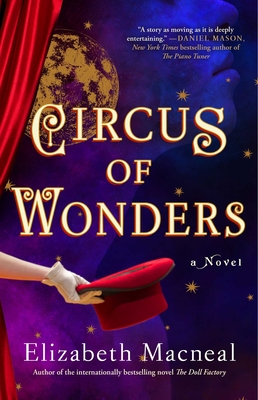 |
Circus of Wonders |
|||||||||||||||||||||
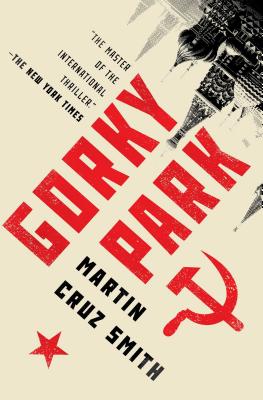 |
Gorky Park
|
|||||||||||||||||||||
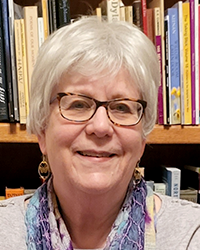 Sally Sally |
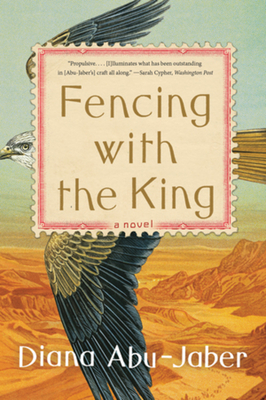 |
To open this book is to step into another world, a world peopled by unforgettable characters in beautiful but unforgiving landscapes, and family intrigue and secrets. Amani is in her early 30s, struggling with a recent divorce, problems at work, and a dry spot in her writing. When her father reluctantly accepts an invitation to his native Jordan to participate in festivities celebrating the sixtieth birthday of the king, she eagerly accompanies him. Although her father, Gabe, has never before returned to Jordan, Amani is familiar with family members there, and looks forward to deepening her ties with them. She’s also discovered some enigmatic writings by her long dead grandmother, Natalia, and wants to learn more about her. Gabe is to participate in a fencing match with the king, one of several surprises to Amani. She never knew her father fenced, nor that he regularly fenced with the king when they were young men. The novel considers the cost of exile from one’s country and family, the burdens of family secrets, and the high cost of inheritance. Amani’s experiences in this exotic and complicated world and the growth of her character make this book a page turner. The Sister Wolf Book Group recently had a lively discussion of the book. |
||||||||||||||||||||
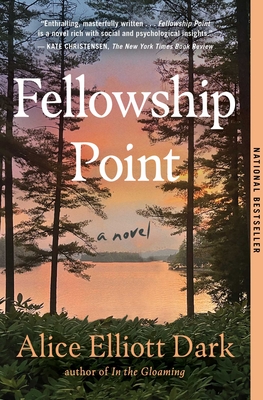 |
Fellowship Point |
|||||||||||||||||||||
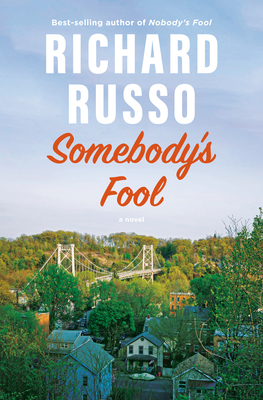 |
Somebody’s Fool
|
|||||||||||||||||||||
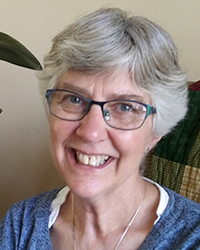 Ann |
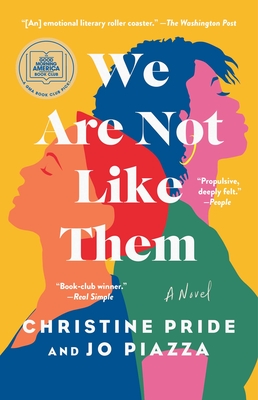 |
|
|
|||||||||||||||||||
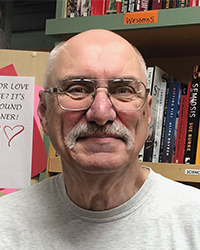 Bob |
| Klara and the Sun If you read my picks, you’ve noticed that I have a bent toward Sci-Fi and in particular for the Murder-Bot Artificial-Intelligence (AI) stuff. I love the way an Android is so quick and so sharp that he or she (it?) can be fighting a major battle aboard a starship while at the same time watching a playback of a missed late-night soap opera. BUT what was it like before anybody had purchased them? Did they wait in a dark storage room for someone to switch on a light and plug them in? This author takes you through how an AF (Artificial Friend) (perhaps more primitive than our Bots) sees the world. Sitting on a table in a store. People with sufficient means coming by to “check them out.” Looking at a recent report on how this model fared against a similar (newer?) model. So, as I started to read the book, I suddenly visualized a puppet-doll with a wooden jaw clacking up and down and weird spooky eyes! Fortunately, the book didn’t go in that direction and the AFs actually have feelings. So how do you program that into a machine? Probably the same way that we learned—by experience. So off we go away from the store to live and interact and learn what it is to be themselves. An interesting perspective that I enjoyed a great deal.
|
||||||||||||||||||||
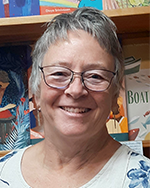 Brita |
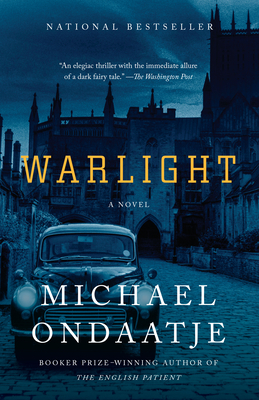
|
|
||||||||||||||||||||
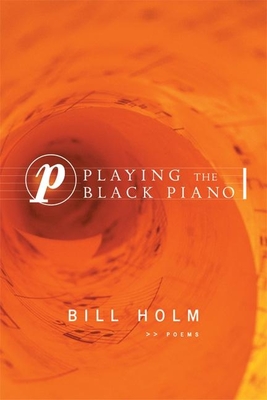
| Playing the Black Piano Admittedly, I have not spent enough time in the poetry section, where a minimum of words open a maximum of experiences. Bill Holm’s Playing the Black Piano reached out to me from the shelves, and with an impending visit from a former exchange student from Iceland and her family, I have Iceland on my mind. Holm’s poems freshen memories of our trip to Iceland years ago. The fact that he was a Minnesotan by birth, living in both Iceland and Minnesota, provides for deeper identification with many of his works. “Bread Soup: An Old Icelandic Recipe” instructing one to “start with the square heavy loaf steamed a whole day in a hot spring” awakens my memory of eating that bread, baked in said hot spring. His poems on music, life, death, and Lemon Pie are universal. His printed words bring out the sounds of “Angels We Have Heard on High” and “Hallelujah! Hallelujah, the Lord God Omnipotent Reigneth,” which reside in their full version in our mind’s ear. |
|||||||||||||||||||||
 Cascade |
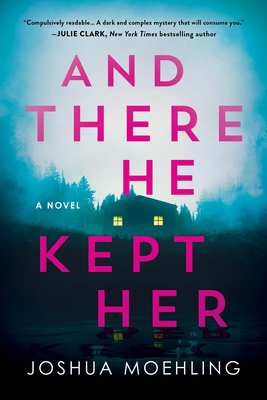 |
And There He Kept Her This mystery novel focuses on sheriff deputy Ben Packard as he tries to solve the disappearance of two teens while navigating the drama of small-town Minnesota and the aftermath of a tragedy in his personal life. The narrative alternates between Packard’s point of view and the perspective of Emmett, the man responsible for the teen’s disappearances. While this novel is not overly mysterious due to the perpetrator being known from the beginning, the reader gains an intimate and often uncomfortable look into the mindset and environment of the villain. The inclusion of prominent gay characters was an especially refreshing aspect that I have not often seen in this genre. I think that this book would be a great choice for readers that like small-town mysteries set in the Upper Midwest, such as fans of William Kent Krueger and Marcie Rendon. |
||||||||||||||||||||
| You’ll find Cascade’s review of Warrior Girl Unearthed in Youth Yak. | ||||||||||||||||||||||
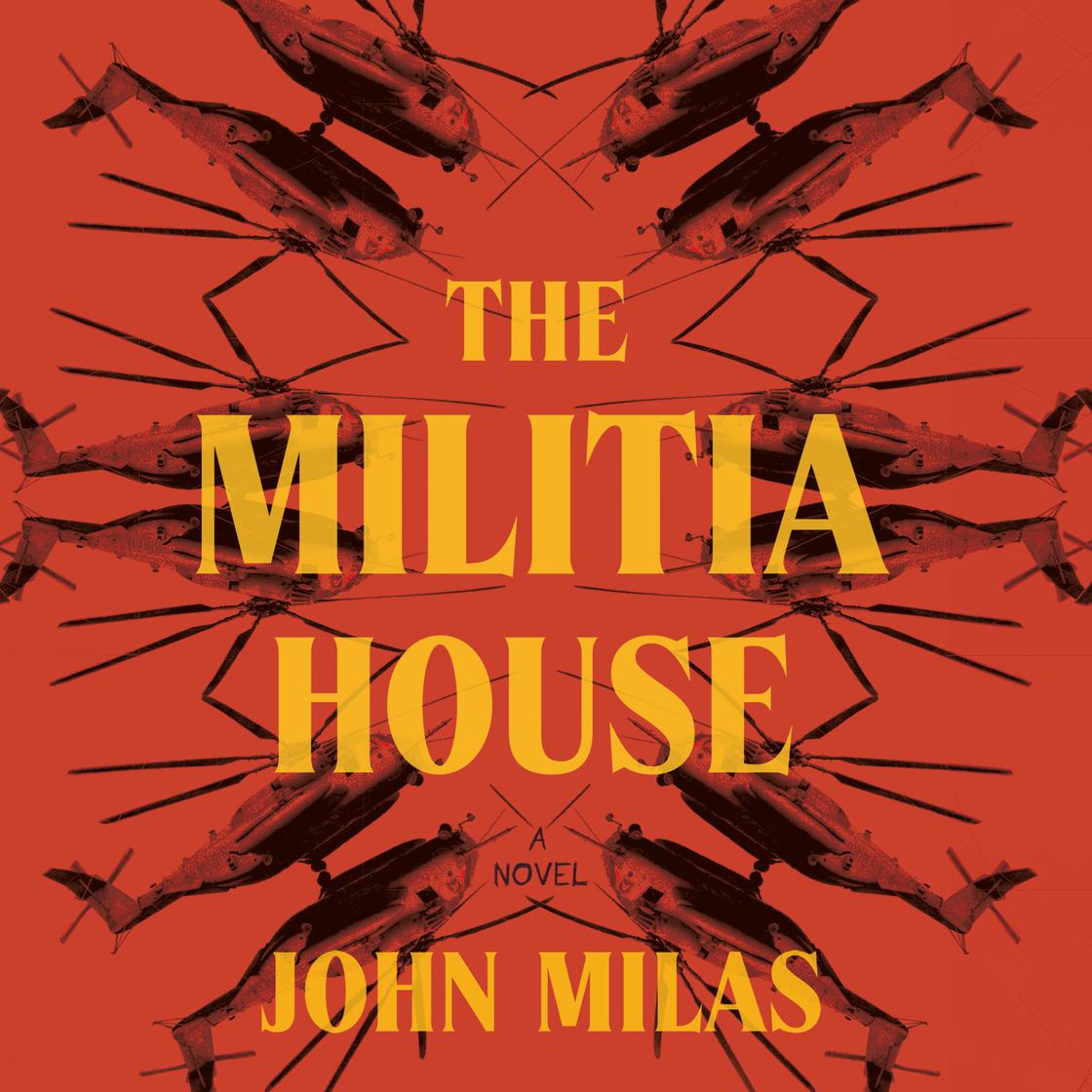 |
The Militia House I am not a reader who typically picks up books centering on the military or war, but I decided to get outside my comfort zone for this gothic horror story set on a military base in Afghanistan in 2010. Corporal Loyette is deployed at a remote barren base doing monotonous tasks with little to occupy his mind. After learning that an old Soviet-era militia house close by the base is rumored to be haunted, he and his men go to check it out and encounter a space that defies time and logic. Uneasy and agitated after this experience, the men’s sanity unravels further as ominous incidents keep happening and strange pictures seem to change before Loyette’s eyes. This is a short, slow-burn novel that focuses on the impacts of war and PTSD to craft its horror and I devoured it in two sittings as an audiobook on Libro.fm.
|
|||||||||||||||||||||
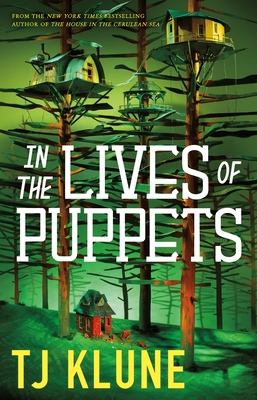 |
In the Lives of Puppets Vic lives in the woods with his inventor father, Gio, and his two friends, nursing machine Nurse Ratched and roomba Rambo. Vic is the only human in his little world filled with androids. While scavenging for useful materials, Vic and his friends come across a scrapped and barely functioning android. By fixing him up and naming this new android Hap (short for Hysterically Angry Puppet), Vic unwittingly alerts robots to his father's location and there is nothing he can do as his father is whisked away. Vic must come to terms with his father’s dark hidden past involving Hap as he journeys to try to forgive and save his father. This is a witty and whimsical story, in much the same vein as Klune's other novels, that emphasizes the importance and joy of found family and queer love. |
|||||||||||||||||||||
|
||||||||||||||||||||||
|
|
||||||||||||||||||||||
|
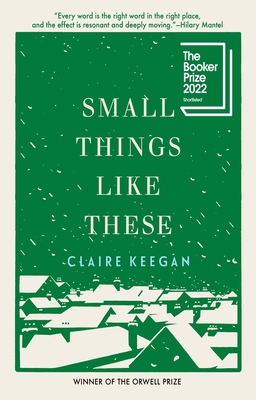 |
Small Things Like These What a precious little book! Life in a small town in the 1966s Ireland is beautifully painted. Abortion is not thinkable here, but pregnancy out of wedlock is always going to happen. Furlong’s mother was fortunate: her employer took her in and kept her son in the home after his mother died. Furlong worked hard, married, had five daughters, and came to own a coal and lumber business that kept everyone warm in the snowy Christmas season. One of his clients was the nearby convent where unwed pregnant girls work in the laundry. If you saw the movie The Magdalene Sisters you may guess that horrors may be happening in the convent (in the movie The Magdalene Sisters the convent’s girls include some who were raped but not pregnant, or just accused of flirting!). What do we owe to the unfortunate around us? How much do we need to sacrifice to appease the powers that be when others depend on us? This little novel brought me to tears.
|
||||||||||||||||||||
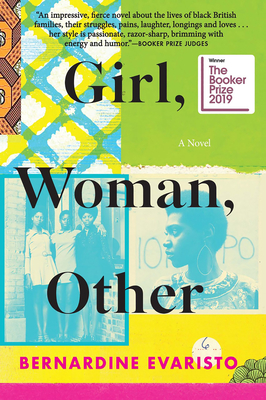 |
Girl, Woman, Other Winner of the prestigious Booker Prize in 2019, this novel has a creative syntax where sentences tend to be treated like paragraphs, on new lines with indents, but without starting caps and periods. Sometimes the text is laid out like poetry. I found this off-putting at first, but when I got used to it, I found it worked very well for me. Each chapter is about a different Black female in London, so it’s a bit like a book of short stories. However, the characters turn up in each other’s chapters, so it ends up pulling together. For example, a mother and daughter have such different takes on their lives together; a teacher is scorned by a girl that she really helps, then you learn how that teacher came to be such a strict disciplinarian and how she sees the girl’s ingratitude. It comes together in the end and is a very satisfying read. |
|||||||||||||||||||||
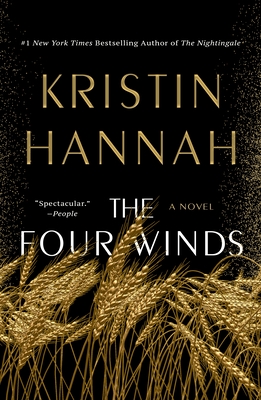 |
The Four Winds You can’t help but think of Grapes of Wrath reading this, but there are major differences. It tells the story of Elsa, so you are centered on how this catastrophe plays out for women. The family in Four Winds is not forced off their land by the bank, but there are horrors Steinbeck doesn’t expose us to like dust pneumonia. And it’s historical fiction, while Grapes of Wrath was written while the dust bowl was still causing tragedies. The author talks in the backmatter about how the pandemic started when her book came out, but to me the much stronger parallel is the migrant situation at our southern border. I found myself wondering first what role I relate to in the novel, and then what role I play today. I haven’t experienced real hardship or bravery so I’m not like the desperate people in both worlds, but I don’t think I’m like the capitalists that cruelly, knowingly exploit vulnerable people. I don’t hate and fear them like the townspeople in the novel, but I don’t exert myself like the union organizers in the book, either. Can I claim to be like the few people who extended kindness? I make modest donations and try to vote for compassionate candidates, but is that enough? This book made me examine my own behavior in ways that few novels do. |
|||||||||||||||||||||
|
||||||||||||||||||||||
 Tim |
SUMMER READS - We all love 'em and it's especially satisfying when they fit the bill perfectly. One of my favorite 'satisfactions' is a hefty dollop of exoticism. If you're sunning on a pearly white beach in Bali, the exotic might not seem quite so necessary. But this year, with no serious expectations of the beach in Bali, I'll content myself with my lounge chair on a dock at Little Sand Lake, with two of my favorite writers: Lisa See, and Isabel Allende. |
|||||||||||||||||||||
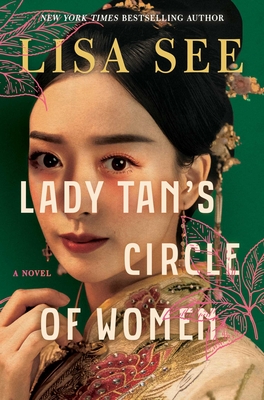 |
Lady Tan's Circle of Women |
|||||||||||||||||||||
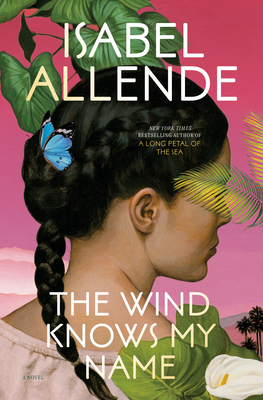 |
The Wind Knows My Name |
|||||||||||||||||||||
|
Would you like to be a guest reviewer? Email Sally at sally@beagleandwolf.com |
||||||||||||||||||||||
— page top — |
||||||||||||||||||||||
| About Us How to Find Us |
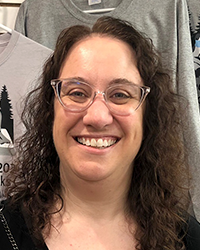
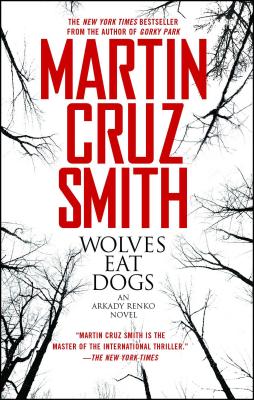 Last month, I wrote a review of Wolves Eat Dogs, the 5th book in the Arkady Renko series. While it's strange to jump into book #5 of a series, it was a gift from a friend, so I did.... but I got hooked on the protagonist Arkady Renko, so now I'm starting at the beginning with Gorky Park.
Last month, I wrote a review of Wolves Eat Dogs, the 5th book in the Arkady Renko series. While it's strange to jump into book #5 of a series, it was a gift from a friend, so I did.... but I got hooked on the protagonist Arkady Renko, so now I'm starting at the beginning with Gorky Park.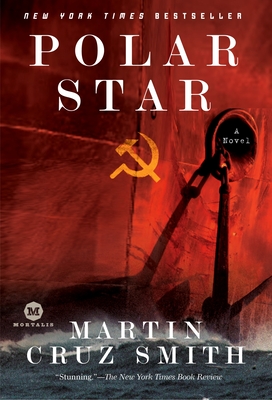 I'm reminded of author Allen Eskens talking about how much he enjoys the development of his characters. Not only is Gorky Park a good mystery, with good character development, the writing is very good, and I'm keenly interested to see what Renko will be up to in the next book in the series, Polar Star.
I'm reminded of author Allen Eskens talking about how much he enjoys the development of his characters. Not only is Gorky Park a good mystery, with good character development, the writing is very good, and I'm keenly interested to see what Renko will be up to in the next book in the series, Polar Star. 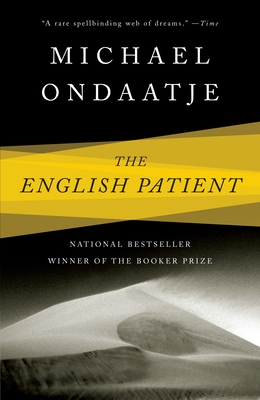 They face the task of clarifying a fable about the real lives of their parents, themselves, their caretakers, and others appearing in their lives. It is as if someone is given a test to carry out, with scanty background information, where much is unknowable, and no one knows who the truth bearers are. The reader would do well to note and remember both bold and ephemeral events and characters as the story progresses. Ondaatje has a lyrical and subtle style, with kindnesses interwoven in a tale of uncertainty and challenge.
They face the task of clarifying a fable about the real lives of their parents, themselves, their caretakers, and others appearing in their lives. It is as if someone is given a test to carry out, with scanty background information, where much is unknowable, and no one knows who the truth bearers are. The reader would do well to note and remember both bold and ephemeral events and characters as the story progresses. Ondaatje has a lyrical and subtle style, with kindnesses interwoven in a tale of uncertainty and challenge. 
